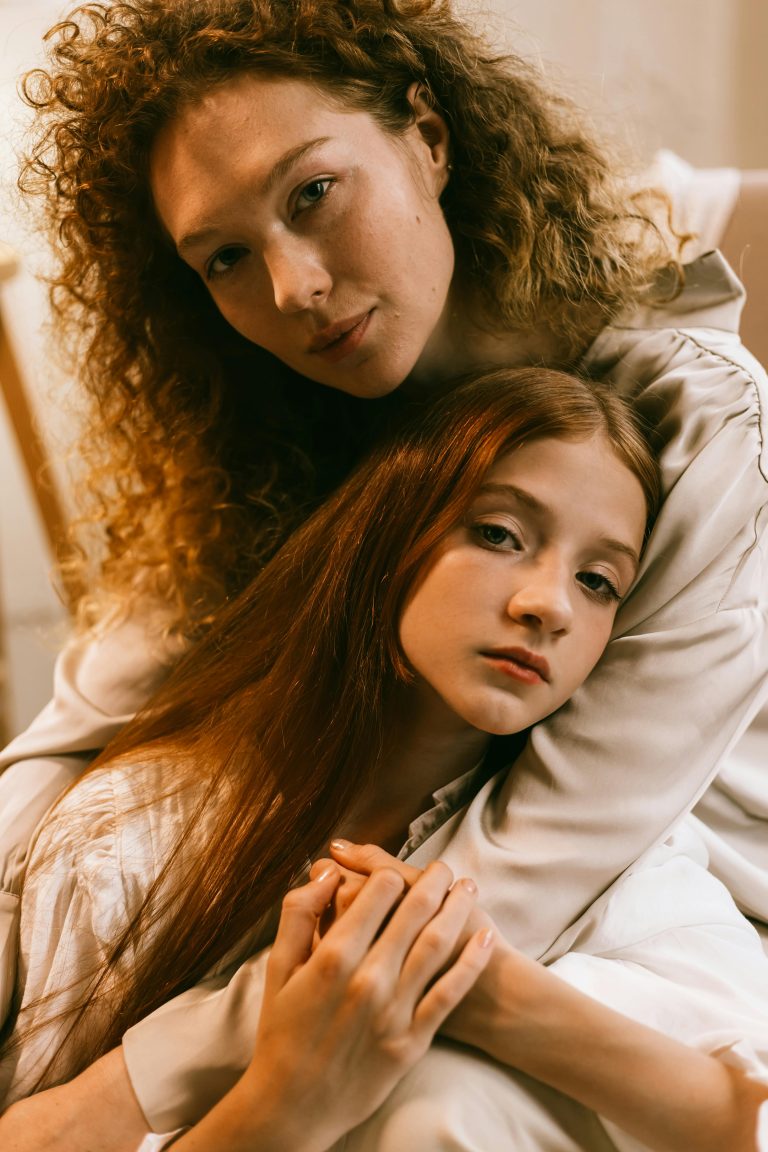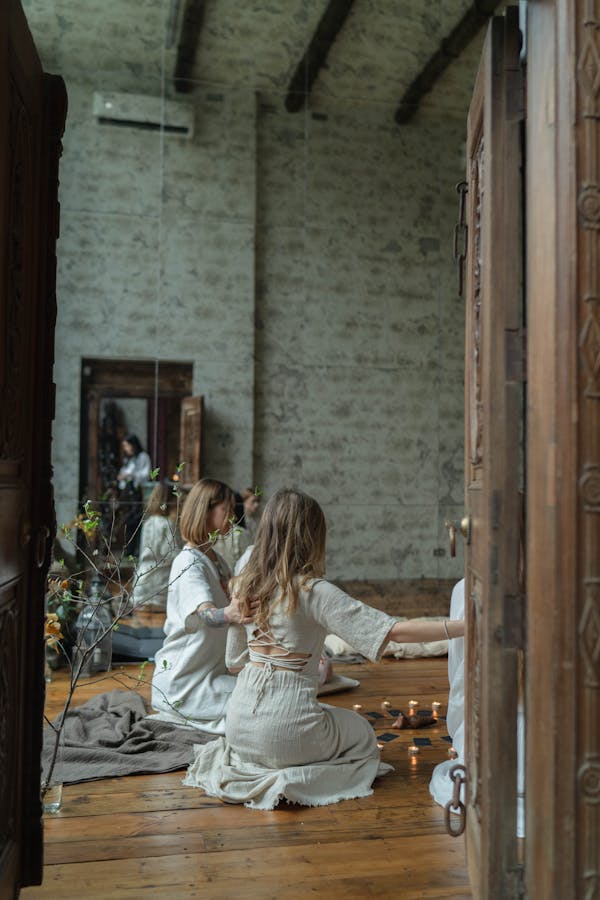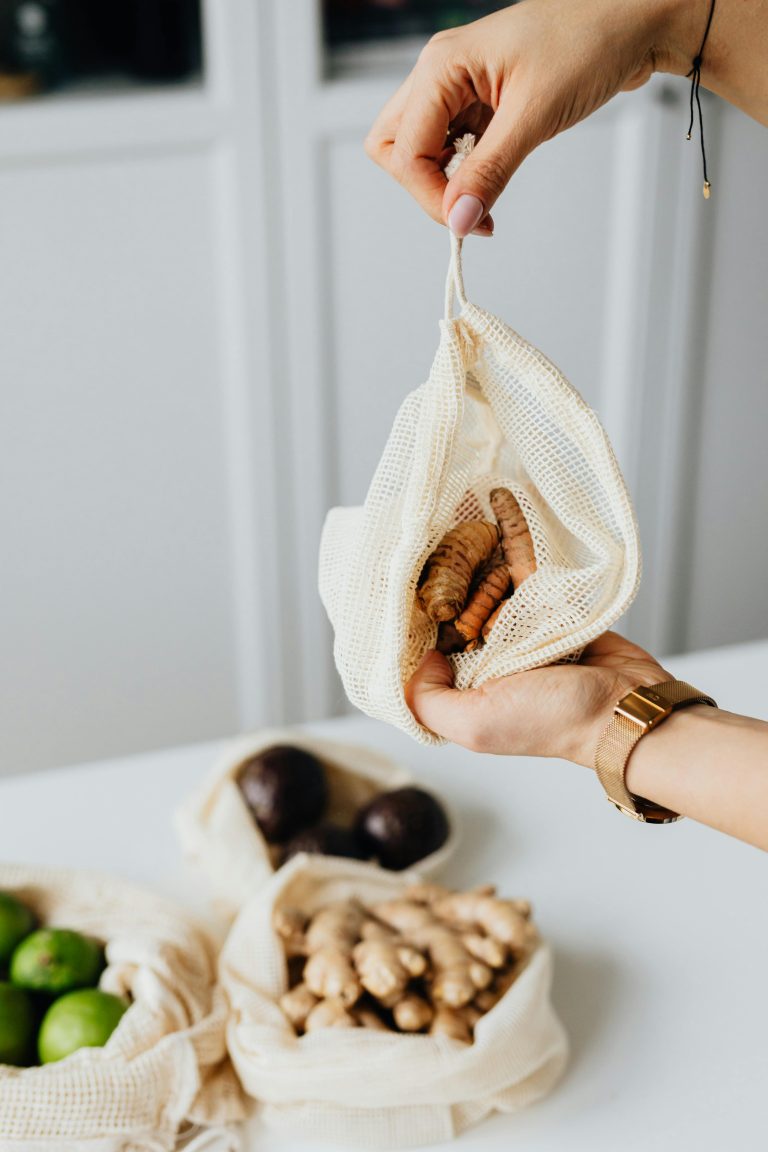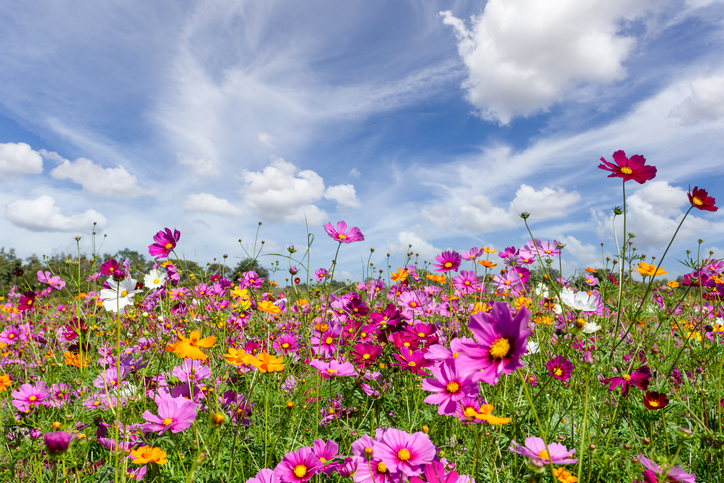5 Simple Ways to Teach Your Daughter About Her Menstrual Cycle

I still remember the day my daughter asked me, “Mum, when will I get my period?” My heart skipped a beat, not because I wasn’t prepared, but because I realised how different I wanted her experience to be from mine.
When I got my first period at 13, I was terrified, overwhelmed and felt a sense of dread. I thought that it meant i had to suddenly grow up, my childhood was over. I didn’t understand why it mattered, or that it was something to celebrate rather than hide.
I vowed that my daughter’s would have a different story.
If you’re a mum raising a daughter, you’re probably thinking about this conversation too. Maybe you’ve already had bits and pieces of “the chat,” or maybe you’re waiting for the “right time.” What I have learnt, is there is no single “right time.” Body literacy is built through many small, open conversations over time, not one awkward lecture.
Today, I’m sharing three simple, practical ways you can teach your daughter about her menstrual cycle before it arrives. These approaches have transformed how my daughter understands and honours her body, and they can do the same for yours.
Start with the Moon
When we talk about periods, we often jump straight to the practical details: pads, cramps, blood. But for a young girl, this can feel overwhelming or even scary. Instead, start with something she can see and feel connected to: the moon.
The menstrual cycle mirrors the lunar cycle, both are approximately 28-29 days, both move through phases, and both carry natural rhythms. By connecting her cycle to the moon, you’re teaching her that her body is part of nature’s wisdom – that she too will ebb and flow energetically throughout the month, and will learn to become more in tune with what she needs.
How to do it:
- Point out the moon phases together each night for a month. Explain: “Our bodies have cycles just like the moon. Sometimes we’re full of energy like the full moon, and sometimes we need rest like the new moon”
- Use simple language: “Your period is like the new moon, a time when your body resets and prepares for the next cycle”
- Print off a yearly moon cycle calendar: or draw the moon phase each night and notice how YOU feel during each phase
What to say:
“The moon changes every night, and so does our body. When you get your period, you’ll notice your energy changes throughout the month too, and that’s completely normal and beautiful.”
Normalise Period Discussion
One of the biggest mistakes we make is treating periods like a secret topic that only gets discussed behind closed doors. Your daughter is watching how YOU talk about your own cycle. If you hide tampons, whisper about cramps, or call your period “that time of the month” with a grimace, she’s learning that periods are shameful.
When periods are discussed openly and casually, they become normalised. Your daughter learns that her body’s functions are nothing to hide or be embarrassed about.
How to do it:
- Mention your own cycle naturally: “I’m feeling tired today because I’m in my menstrual phase”
- Share what helps you: “I’m making myself a warm tea because my body needs extra nourishment right now”
- Include her in the conversation: “I’m going to rest this afternoon because my hormones are shifting. Do you want to read with me?”
If you have sons, include them too, body literacy benefits everyone
What NOT to say:
- “I’m so moody because of my period”
- “Periods are the worst”
- “You’ll understand when you’re older”
What TO say:
- “My body is in its menstrual phase, so I need extra rest and nourishment”
- “Periods are how our bodies stay healthy and balanced”
- “Let me explain what’s happening in my body right now…”
When you normalise these conversations, you’re giving your daughter permission to ask questions, share her own experiences later, and never feel alone in her journey.
Teach Her About the FOUR Phases (Not Just the Period)
Most girls think “having a period” means bleeding for a few days each month. But the menstrual cycle is actually FOUR distinct phases, each with its own energy, needs, and gifts. Teaching your daughter about all four phases prepares her to understand her whole self, not just one week of bleeding.
When girls understand their full menstrual cycle, they stop seeing their period as an interruption and start seeing it as part of a beautiful rhythm. They learn to plan around their energy, honour their needs, and trust their body’s wisdom.
The Four Phases Explained:
Phase 1: Menstrual
- “This is your period week. Your body is resting and releasing.”
- Energy: Low, reflective, need for rest
- What helps: Warm foods, gentle movement, cozy time
- Superpowers: Intuition, honesty, knowing what you need
Phase 2: Follicular
- “This is your ‘let’s try new things!’ phase.”
- Energy: Rising, creative, curious
- What helps: Fresh foods, learning, social time
- Superpowers: Trying new activities, making plans, feeling confident
Phase 3: Ovulatory
- “This is your ‘I can do anything!’ phase.”
- Energy: Peak energy, social, expressive
- What helps: Being with friends, challenging yourself, speaking up
- Superpowers: Communication, energy, feeling your best
Phase 4: Luteal
- “This is your ‘slow down and finish things’ phase.”
- Energy: Gradually decreasing, need for organisation
- What helps: Completing tasks, saying no, preparing for rest
- Superpowers: Getting things done, setting boundaries, nesting
Draw the four phases as seasons in a circle. Share which phase YOU’RE in each week: “I’m in my Spring phase, so I have lots of energy!”
Help her notice these patterns in her own emotions and energy (even before she has her period, she may notice monthly rhythms)
What to say:
“Your period is just one phase of your cycle. You’ll have four different ‘seasons’ each month, and each one has special gifts. Once you start tracking, you’ll be able to plan your life around your body’s natural rhythm!”
This teaching transforms her period from a single event into a cyclical superpower.
The Conversation She’ll Remember Forever
Your daughter won’t remember every detail you teach her about periods….but she WILL remember how you made her feel. She will remember if you:
- Made her feel safe to ask questions
- Celebrated her transition instead of shaming it
- Equipped her with knowledge instead of leaving her in the dark
- Honoured her body as wise instead an inconvenience
The gift of body literacy isn’t just about understanding menstruation, it’s about teaching your daughter to trust herself, listen to her body, and advocate for her own health throughout her entire life.
Em x






